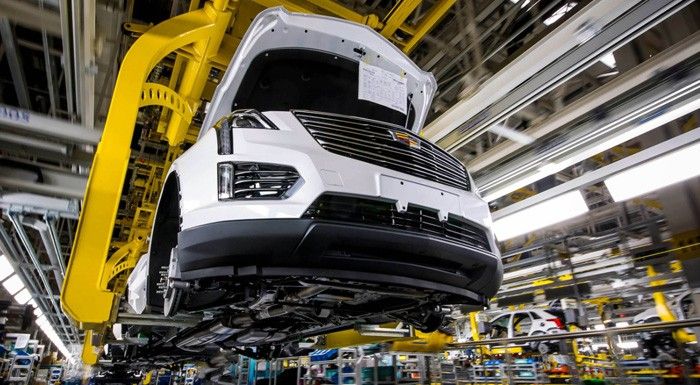Mexico and Canada won a dispute settlement panel against the United States regarding automotive rules of origin under the USMCA.
On August 20, 2021, the government of Mexico filed a request for consultations with the United States under Chapter 31 (Dispute Settlement) of the Agreement between the United Mexican States, the United States of America and Canada (USMCA).
Specifically, the request was filed with respect to the application and interpretation by the United States of Articles 3 (Regional Value Content for Passenger Vehicles, Light Trucks, and Parts Thereof) and 8 (Transitions) of the Appendix to Annex 4-B (Provisions Relating to Product-Specific Rules of Origin for Automotive Goods) and paragraph 4 of Article 4.5 (Regional Value Content) of the USMCA.
In particular, Mexico argued that the requirements established by the United States to calculate the Regional Value Content (RVC) of passenger vehicles, light trucks and their parts, did not correspond to the provisions of the USMCA.
Mexico considered that the various provisions of the Appendix to Annex 4-B of the USMCA give automobile producers different methodologies that allow them to consider non-originating parts and components in the calculation of the RVC, and thus ensure that the vehicle is considered originating for purposes of obtaining the tariff benefits of the Agreement.
The United States does not agree with this position.
USMCA
The Mexican government then filed on January 6, 2022 a request for the establishment of a panel, in order for the panel to examine the matter in question and decide on the dispute.
Canada then requested to join as a co-complainant on January 13, 2022.
On January 11, 2023, the Final Report of the Panel was published setting out the Panel’s interpretation of the automotive rules of origin provisions.
The USMCA rules are considerably stricter than any other automotive rules of origin applied in any free trade agreement.
The USMCA rules are considerably stricter than any other automotive rules of origin applied in any free trade agreement.
In Mexico, the Mexican Automotive Industry Association (AMIA) had expressed prior to the ruling to be «deeply» concerned about the interpretation given by the U.S. government with respect to the calculation of the regional content value for passenger cars and light trucks under the T-MEC’s product-specific rules of origin for automotive products and its clarification in the Uniform Regulations for the T-MEC.
![]()

